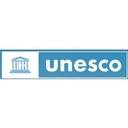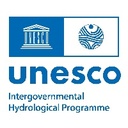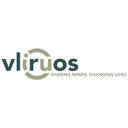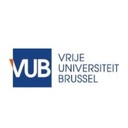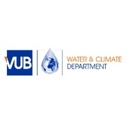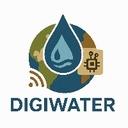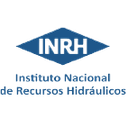Executive Secretary

XIV International Symposium on Structures, Geotechnics and Construction Materials
STRUCTURES 2025
Workshop Water Resilience through Digitization
Abstract
Citizen science is often seen as a mechanism for broadening participation in scientific research. Yet, recent sociodemographic studies reveal a biased profile of the average citizen scientist who is predominantly white, middle-aged and highly educated. Gender varies across projects and fields, with some areas showing higher male or female participation. Most citizen science studies are published in (northern) Europe and America, with fewer in Oceania, Africa and Asia, Central and South America. Citizen science thus faces issues of social inequality, with certain demographic groups being noticeably under-represented in research.
Moreover, most citizen science projects limit public involvement to data collection rather than meaningful participation in project design, analysis, or decision-making. The archetypical citizen science project is contributory in nature, and only few projects nowadays are truly co-created, bottom-up projects. Although there is growing interest in shifting toward more co-created projects, significant barriers remain – especially concerning role differentiation, power sharing, and the capacities of participants.
These patterns challenge the narrative of citizen science as inherently democratizing. Critical questions emerge: does citizen science achieve genuine equality, inclusive participation, and deliberative engagement – or do structural barriers and trade-offs hinder these democratic aims?
Based on experiences of several European case studies and insights from the Engage SDG project in the SADC region, this presentation examines key democratic principles underlying citizen science. We explore the extent to which equality, participation and meaningful deliberation are embedded within citizen science activities, and consider the practical challenges faced by practitioners in diverse contexts.
The highlighted case studies reveal how different projects balance scientific rigor, community engagement, and societal impact. By mapping pathways to greater inclusion, we provide actionable lessons and innovative strategies for advancing truly inclusive citizen science—both in Europe and the Global South.
Resumen
About The Speaker

Prof. Leo Van Audenhove

Discussion
